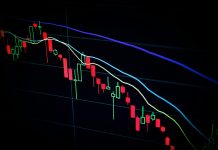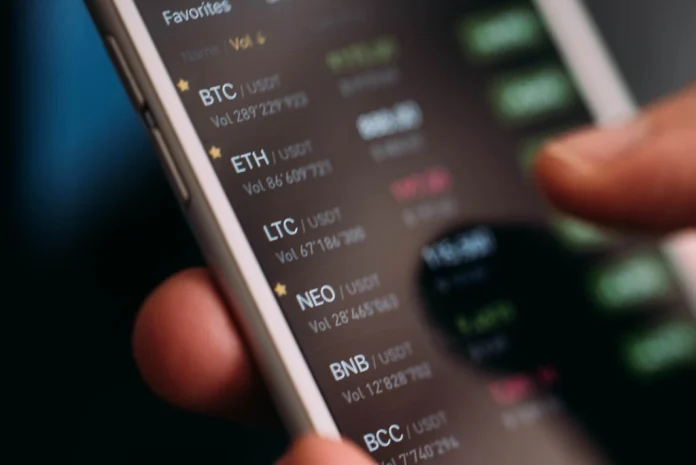In 2025, decentralised exchanges (DEXs) continue to make substantial progress in capturing trading volumes traditionally dominated by centralized exchanges (CEXs). This paradigm shift reflects growing user demand for non-custodial options that offer greater transparency, security and censorship resistance in crypto trading.
Data from CoinGecko and Dune Analytics shows that 2025 has been a breakout year for DEXs, with daily volume surpassing $30 billion on peak days, a marked increase from roughly $8 billion daily in 2023. The expanding use of layer-2 scaling solutions and cross-chain bridges has opened access to a wider array of assets and improved transaction speeds, narrowing the user experience gap with CEXs.
Uniswap V4, SushiSwap, and new entrants like Katana have introduced innovative automated market maker (AMM) models that both optimise liquidity provisioning and reduce impermanent loss risks. These improvements have attracted professional traders and liquidity providers, resulting in a vibrant ecosystem with enhanced capital efficiency.
The shift towards DEXs also aligns with the broader DeFi ethos, empowering users with full custody of their assets and open governance participation. Unlike CEXs, where assets are held on behalf of users, DEXs enable direct wallet-to-wallet trading, lessening risks related to hacks and regulatory crackdowns.
Institutional interest in decentralised trading has also grown. Several hedge funds and family offices have incorporated DEX liquidity pools into their strategies, recognising the opportunities presented by permissionless markets and composability with other DeFi products.
Despite these gains, challenges remain. User onboarding onto DEX platforms requires more intuitive interfaces and gas fee volatility can still deter smaller traders. Additionally, regulatory uncertainty around decentralised trading venues poses a risk to sustained growth.
Overall, the increase in DEX volume in 2025 reflects a natural evolution of crypto markets toward decentralised infrastructure. As DEXs continue to innovate and optimise user experience, they are poised to further erode the market share of centralised exchanges, accelerating the mass adoption of decentralised finance.




























